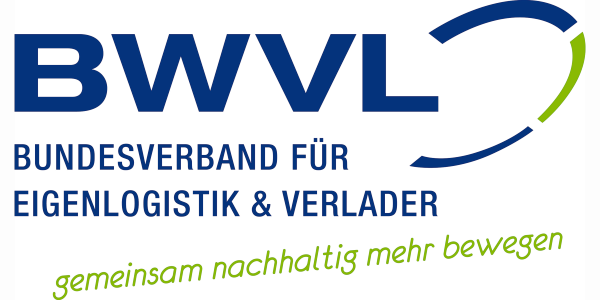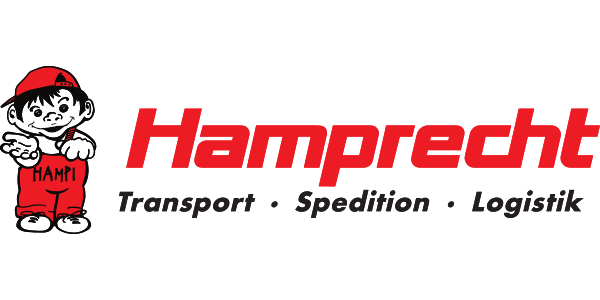Taiichi Ohno
Taiichi Ohno: inventor of kanban
In the mid-20th century, Taiichi Ohno (*1912 †1990) developed the basic logistics concepts of the "pull principle", "just-in-time" and "kanban", successfully implementing these concepts at Japanese car maker Toyota. In recognition of these achievements, the Japanese pioneer was inducted into the Logistics Hall of Fame in 2004.
| Field | automotive logistics, management |
| Born | February 1912 in Dairen (Port Arthur), Manchuria (China) |
| Died | May 28, 1990 in Toyota City, Japan |
| Induction into the Logistics Hall of Fame | 2004 |
-
Vita
1912 Born in February in Dairen (Port Arthur), Manchuria (China)
1932 Awarded a degree by Nagoya Technical High School
1932 Joins Toyota Spinning and Weaving
1943 Moves to Toyota Motor Company
1949 Appointed plant engineer
1953 Ohno develops the kanban system and tests it in automotive production. The model for kanban are US supermarkets, where customers request the desired products at the desired time in the desired quantity.
1956 Ohno tours the US automotive production plants of General Motors and Ford, and visits a US supermarket for the first time
1962 Ohno introduces the kanban system throughout the Toyota Motor Company
1970 Appointed Senior Managing Director
1973 As a result of the oil crisis, ailing Japanese industry becomes aware of the Toyota Production System for the first time
1975 Appointed Executive Vice-President
1978 Withdraws from his post as Vice-President and publishes the book "Toyota Production System"
1990 Taiichi Ohno dies on May 28 in Toyota City in Japan
2004 Induction into the Logistics Hall of Fame
-
Merits
- Ohno is considered the father of the "Toyota Production System", which revolutionised worldwide automotive production in the 70s and 80s and is still a model for the production lines of automotive manufacturers today. In the 80s, many Western managers made the pilgrimage to see Ohno's work in Japan.
- The "just-in-time concept" is seen as one of the two pillars of this system: the individual materials should only arrive at the assembly line in the right quantity, quality and order when they are actually needed.
- In order to pave the way for just-in-time deliveries to the production process, Taiichi Ohno developed the "kanban" principle, which is still used in production processes. Using the kanban card, the upstream process steps are requested by the downstream process step to produce the parts specified on the card and to deliver these parts to a predetermined location on a specific date. A production run may not be initiated without a kanban card. The kanban system, which today is often supported by barcode and IT systems, is the standard in many German industrial companies.
- The basic idea behind the just-in-time concept is the change from the push principle to the pull principle. Ohno was the first person to view the production process as beginning with the "customer". Each downstream production step is the customer of the upstream process step. Goods are requested by the customer based on demand (pull) and not simply produced by the upstream production process and sent to the customer (push). This changeover from push to pull is still right at the top of agenda in much of the recent specialist logistics literature.
Photos: Toyota













































